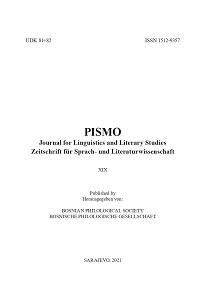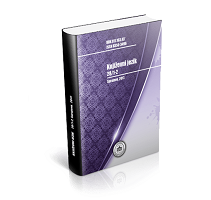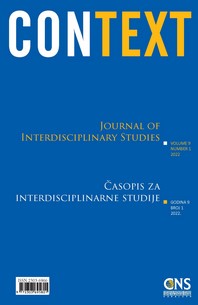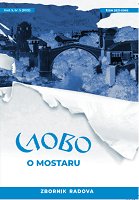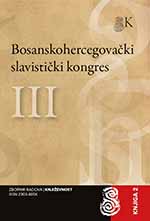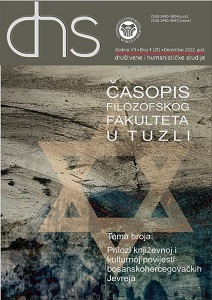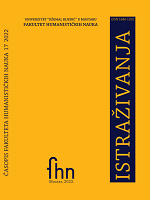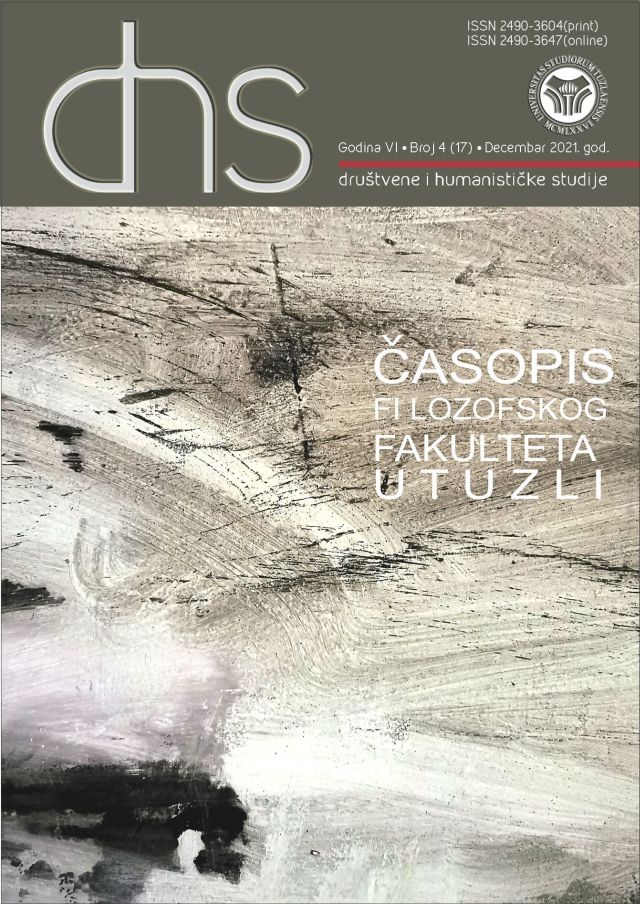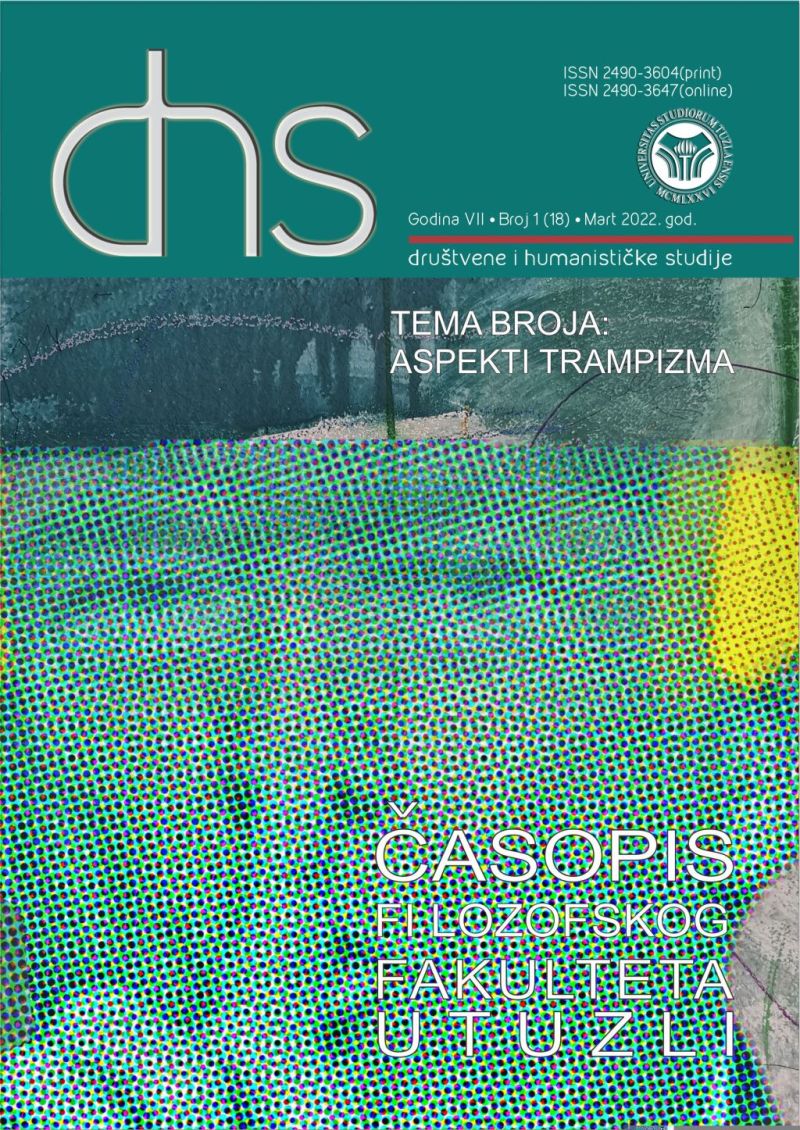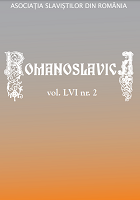Author(s): Miranda Levanat-Peričić / Language(s): Croatian
Issue: 2/2019
Although the chronotopic approach to the novels of exile is almost self-explanatory, certain specifics expressed by post-Yugoslav exile narrations evoke a separate chronotope interpretation. First and foremost, post-Yugoslav literature is additionally encumbered with the identity issue because the abandoned areas of the nineties for the exiled writer do not disappear at a metaphorical level, by turning into a mnemotope, but in the actual break-up of the political entity, the imaginary supranational heritage transforms itself into a kind of counterculture, mostly affirmed by exile writers. Therefore, returning to the abandoned place often becomes possible only as a return to the past. In this paper, the literary theme of exile will be followed comparatively, starting from the reflective nostalgia in the prose of Dubravka Ugrešić (The Ministry of Pain), through a global exile which reflects the history of the relationship between European persecutions and America as an unfair homeland, which breaks all identity support in the novels of Aleksandar Hemon (The Nowhere Man; The Lazarus Project), to the intra-Yugoslav, “hereditary” exile in the novels of Goran Vojnović (Chefurs Raus!; Yugoslavia, My Homeland), which fathers left to their sons like a curse of the genus. In the texts mentioned above, the chronotope of exile is dealt with at the level of genre, as the major, supreme chronotope, which includes or opens space to a series of specific local chronotopes, which are fundamental to exile narration. These motifs are also encountered in other genres, but in exile narration they are the bearing pillars of the genre. They are, by their nature, chronotopic because they are realised through the binary spatial-temporal categories of presence and absence, affiliation and non-affiliation, anchoring and nomadism. In this paper, I will look at three such chronotope motifs: 1) the motif ofhome as a non-place or a place of absence; 2) the motif of other/mirror country and other/“mirror” history; 3) the motif of return and travel (by train), which regularly invokes the stereotypical representation of the place and the past.
More...
